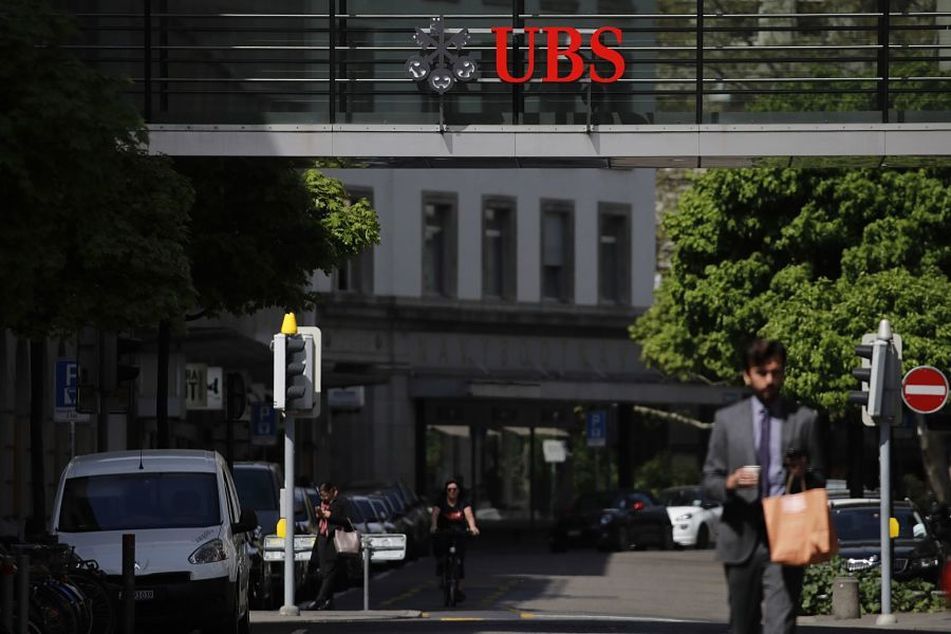UBS loses another YES arbitration case, this one costing more than $1 million

While the firm has prevailed in some cases involving its options trading strategy. its losses are adding up, too.
It’s win some, lose some for UBS Financial Services Inc. when it comes to arbitration cases involving an options trading strategy. But the losses can be costly, as the firm found out again this week.
In an award Monday, Finra arbitrators ordered UBS to pay $1.18 million to three investors who claimed negligent supervision, fraud and breach of contract, among other causes of action, against UBS related to a managed-account options product known as the Yield Enhancement Strategy, or YES.
Between 2017 and the middle of 2019, Rick and Pamela McCormick and the Lindsay McCormick 2013 Gift Trust lost about $1.2 million on YES investments, according to their attorney, Jeff Erez, owner of an eponymous law firm. They filed their arbitration claim on Dec. 7, 2020.
The three-person, all-public Financial Industry Regulatory Authority Inc. arbitration panel awarded $900,000 in compensatory damages — 450,000 to Rick and Pamela McCormick and $450,000 to the McCormick Trust. The arbitrators also awarded $225,000 in attorneys’ fees and $56,717 in costs to the claimants.
“I thought it was a resounding rejection of UBS’ defenses and a confirmation that these cases, when presented with the right evidence, are compelling and winnable,” Erez said. He said his colleague, Stefan Apotheker, was lead counsel and tried the case.
A UBS spokesperson declined to comment.
It’s the second time in a row Erez has prevailed in a UBS YES arbitration case. Last month, his clients were awarded $3.9 million by Finra arbitrators. In another case last month, claimants won nearly $1.5 million.
But last week, UBS won an arbitration case centering on the YES product when arbitrators denied the claims made by two investors, according to the June 1 award.
Ups and downs for UBS have been a characteristic of the YES arbitration proceedings. An industry executive who asked not to be named has told InvestmentNews senior columnist Bruce Kelly that there have been 33 YES arbitration cases whose outcomes have been almost split evenly, with 17 wins for UBS and 16 wins for the customers filing complaints.
The YES product is based on a strategy of borrowing against a client’s account and using the proceeds to invest in options to generate higher returns. In one decision earlier this year, arbitrators noted that marketing materials for YES indicated that it was a high-risk product.
The key to winning a YES arbitration case is to go after UBS on the product’s risk disclosures, Erez said. He asserted that UBS registered representatives essentially ignored the risk warnings when recommending the YES strategy. He said his clients shouldn’t have been responsible for grasping the product more thoroughly than UBS personnel.
“Arbitrators are understanding that hypocrisy and accepting our position,” he said.
Erez said he is “booked through next year” with YES claims; he has one set of clients who are awaiting an arbitration decision and is in the middle of two other cases.
“The vast majority of people [allegedly harmed by YES] have not come forward,” he said.
Why HSAs should be considered long-term investments
Learn more about reprints and licensing for this article.








